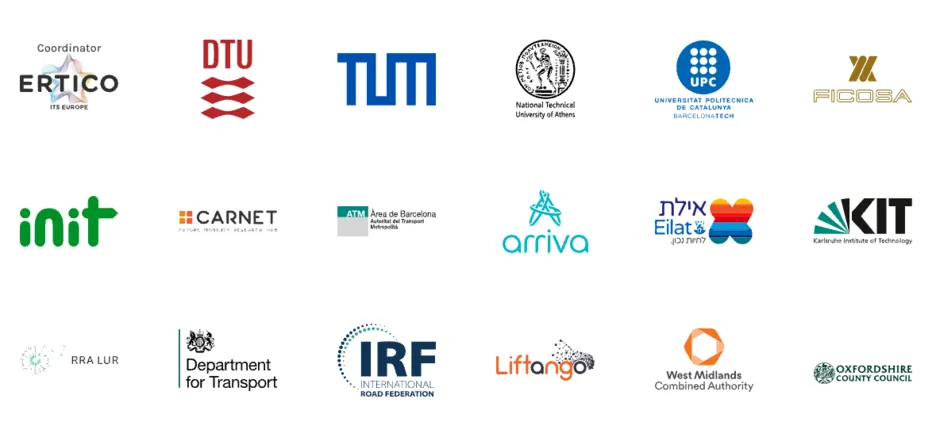CulturalRoad – Cultural, regional and societal factors to overcome barriers to connected, cooperative and automated mobility deployment
About
The transport sector generates several negative externalities and is one of the few economic sectors that have not seen a significant decline in emissions (EU transport emissions). Accordingly, the European Commission indicated Connected Cooperatives as a strategic asset to meet the Sustainable Development Goals (SDGs) set by the United Nations and reduce mobility's negative environmental impacts on the environment. However, different countries have proposed different Connected, Coordinated and Automated Mobility (CCAM) implementation strategies and guidelines so far. In the long run, this unsynchronized deployment effort will inevitably undermine the effectiveness of CCAM systems due to geographical, cultural, and even legal differences across countries. The project CulturalRoad aims to solve this problem by developing new guidelines for CCAM implementation that intrinsically consider diversity in all its aspects. The project will be delivered by a large consortium of academic and industry partners led by the European Road Transport Telematics Implementation Coordination Organisation, Brussels, BE. The pilots include Catalunya (ES), Karlsruhe (DE), Ljubljana (SL), West-Midlands (UK) and Eilat (IL).
TUM's role in the project
In the project, TUM is leading the work package that delineates the cultural, geographical, and exogenous diversity factors that significantly shape the planning, design, development, and implementation of CCAM solutions in the European context. This includes a review of the existing standards, laying the requirements, including the data requirements, extracting and interpreting the comprehensive needs and requirements of the CCAM users, developing a two-step co-creation framework, and ascertaining the ethical and legal aspects of mobility equity. In addition, TUM will also lead the development of the methodology, which will be designed to assess the inclusivity of the CCAM-based solutions and the use of simulation tools for future scenario development. Besides, TUM will also work on other topics led by the other partners involved in the project.
Partners

Contact
Prof. Dr. Constantinos Antoniou, Shaz Umer, M.Sc. (PhD Candidate)